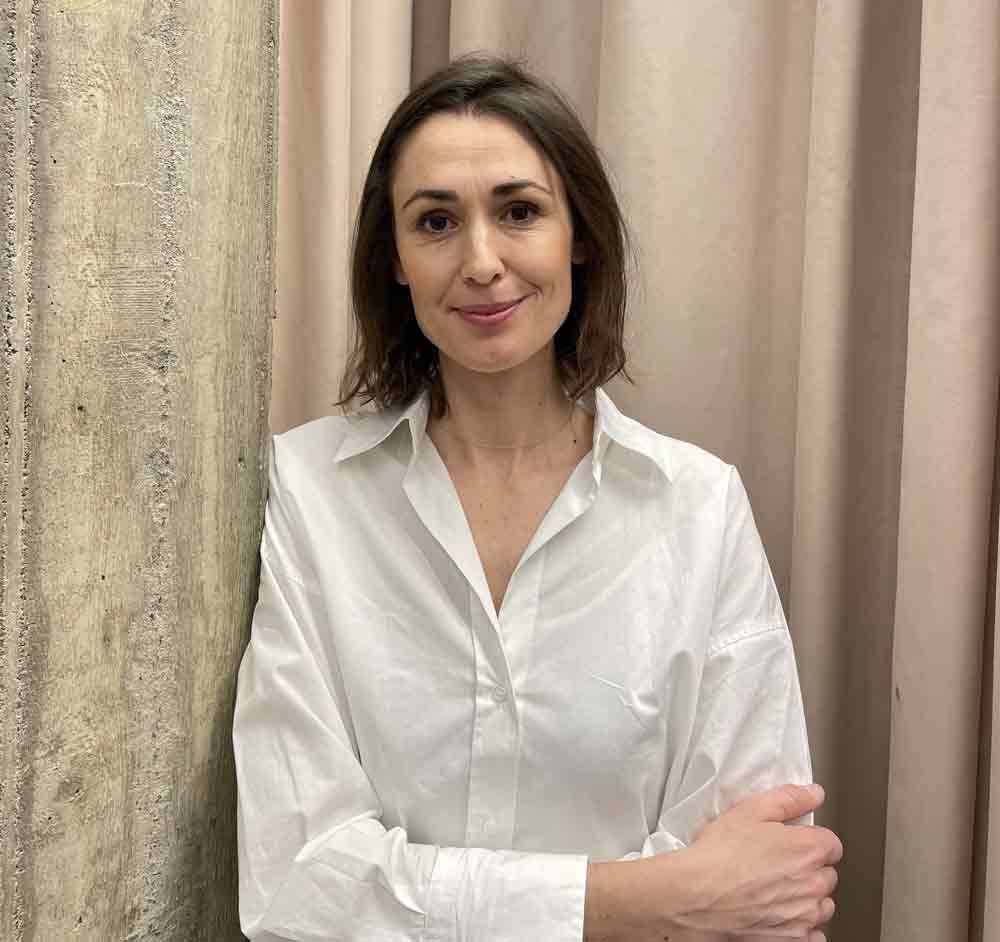Joint ventures (JVs) and collaborative initiatives with international partners, such as Sweden-based agritech firm, Moving Floors, could help propel Qatar to the forefront of sustainable farming, creating a positive impact on the economy.
Moving Floor CEO and co-founder Peg Söderberg expressed optimism about potential collaborations with the Gulf state, saying a collaboration can position Qatar as a leader in sustainable, high-quality agricultural equipment, attracting further investment and driving economic growth.
In an exclusive interview with Gulf Times following a recent visit to Qatar to explore investment opportunities, Peg Söderberg, further explained: “A partnership between Moving Floor and Qatar can have several positive economic impacts. It can create employment opportunities in the agricultural sector, from technology installation and maintenance to farm operations. Knowledge-sharing initiatives can enhance the skills of the local workforce, fostering innovation and expertise in sustainable farming.”
Söderberg pointed out that Moving Floor manufactures prefabricated modules that are installed at farms. Citing Qatar’s “excellent logistics” and free zones, she said the country could, in the long term, serve as a strategic export hub for Moving Floor, as well as a gateway to surrounding regions.
“Most countries strive for self-sufficiency in food production, at least to some extent, as it is the backbone of society. This means Moving Floor has a big global market potential as we can renovate or build new barns, whether they are small or mega-farms,” she emphasised.
Aside from JVs, Söderberg noted that Moving Floor is also anticipating potential opportunities for technology transfers and playing a role in Qatar’s existing agriculture investment projects to implement the company’s sustainable farming systems in the region and hot, arid Gulf climates.
“Our technology is adaptable to various climates, including the hot and arid conditions of the Gulf region. Collaborating with Qatari agricultural projects can help implement sustainable farming systems that are efficient and resilient.
“We can bring our expertise in automated cleaning solutions, which can be tailored to meet the unique environmental and agricultural needs of Qatar, ensuring enhanced productivity and sustainability. Localising sales and assembly is part of the Moving Floor go-to-market plan,” Söderberg stressed.
She also said: “In a joint venture, Sweden and Qatar can leverage their respective strengths to create a powerful synergy. With more than 100 commercial dairy farms and 10 university collaborations running, Sweden’s expertise in sustainable farming and advanced agricultural technologies can provide innovative solutions and best practices.
“Meanwhile, Qatar’s financial resources can support large-scale implementation and infrastructure development. This partnership can drive advancements in agricultural productivity and sustainability, combining Swedish innovation with Qatari investment to achieve shared goals in food security and economic growth.”
Söderberg noted that other forms of collaboration between Moving Floor and Qatari partners that could drive innovation and impact foreign direct investment (FDI) flows in this sector include pilot farms, research and development (R&D) partnerships, training programmes, and knowledge exchange initiatives.
She said: “Establishing research centres in Qatar focused on sustainable agriculture could drive innovation and adaptation of technologies to local conditions. Training programmes for local farmers and agricultural workers on the use of automated systems and sustainable practices can enhance skills and productivity. These collaborations can attract further FDI by showcasing Qatar as a hub for advanced, sustainable farming practices.”
Söderberg added: “Automated cleaning systems maintain high sanitation standards, reducing the risk of contamination and disease. Additionally, our technology can improve traceability in supply chains by providing accurate records of cleaning and animal health, supporting transparency and trust in food production.”


